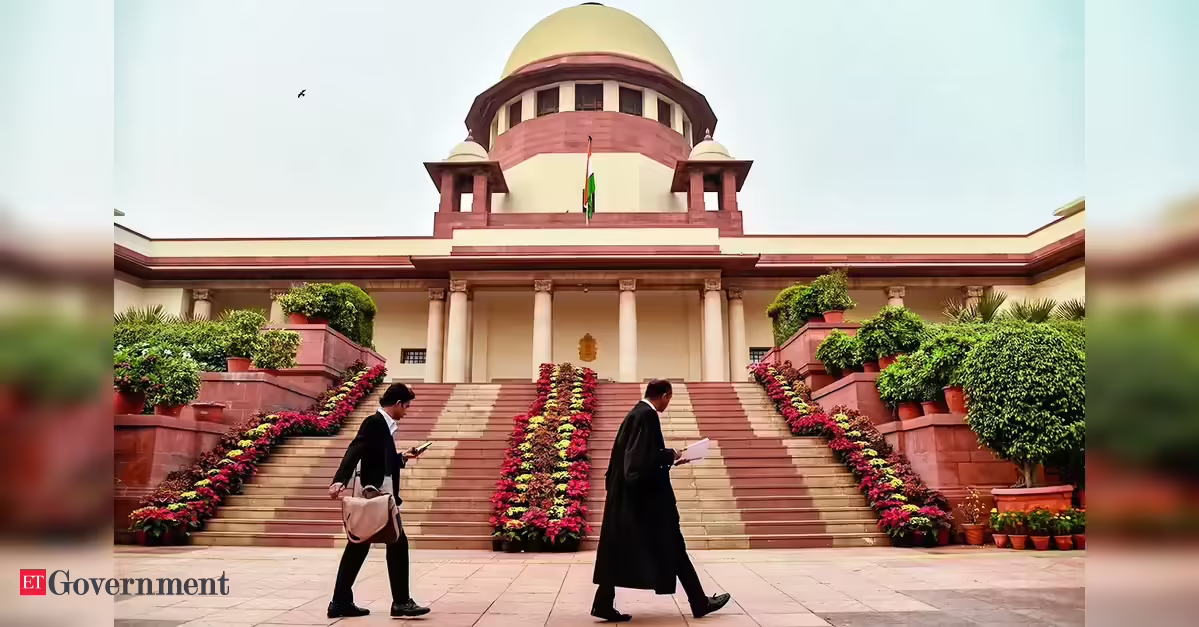Now Reading: Bengal Government Challenges Governor’s Discretion Over Bills in Supreme Court
-
01
Bengal Government Challenges Governor’s Discretion Over Bills in Supreme Court
Bengal Government Challenges Governor’s Discretion Over Bills in Supreme Court

The West Bengal government has approached the Supreme Court questioning the governor’s powers to hold bills indefinitely, arguing that such discretion undermines the will of the elected legislature. The petition highlights a growing friction between Raj Bhavan and state administrations, an issue that has surfaced in multiple states but taken sharper shape in Bengal.
The state contends that allowing a governor to withhold or delay bills indefinitely amounts to negating the people’s mandate. In a parliamentary democracy, it argues, elected representatives are accountable to citizens, and their decisions should not be stalled by unelected authorities.
Governors across India have often been at the centre of similar disputes, particularly in opposition-ruled states. While the Constitution grants them certain powers, the debate lies in whether these are meant as checks or as overriding authority. The Bengal petition brings this long-standing question back to the national stage.
For citizens in Tier-2 cities and smaller towns, the outcome of this case is not just a constitutional debate. It directly impacts how quickly state policies on education, healthcare, and local development are implemented. Delayed approval of bills can slow down welfare schemes that ordinary people rely on.
Legal experts suggest that the Supreme Court’s interpretation could set a precedent for the balance of power between governors and state governments. A ruling that clarifies timelines or limits discretion may streamline governance, while a broader interpretation of governor’s powers could further intensify political clashes.
The Bengal government’s challenge reflects a larger conversation about federalism and accountability in India’s democracy. At its core, the case is about ensuring that people’s voices, expressed through elected representatives, are not muted by procedural delays. The court’s decision will likely influence not just Bengal but the functioning of state governments across the country

























